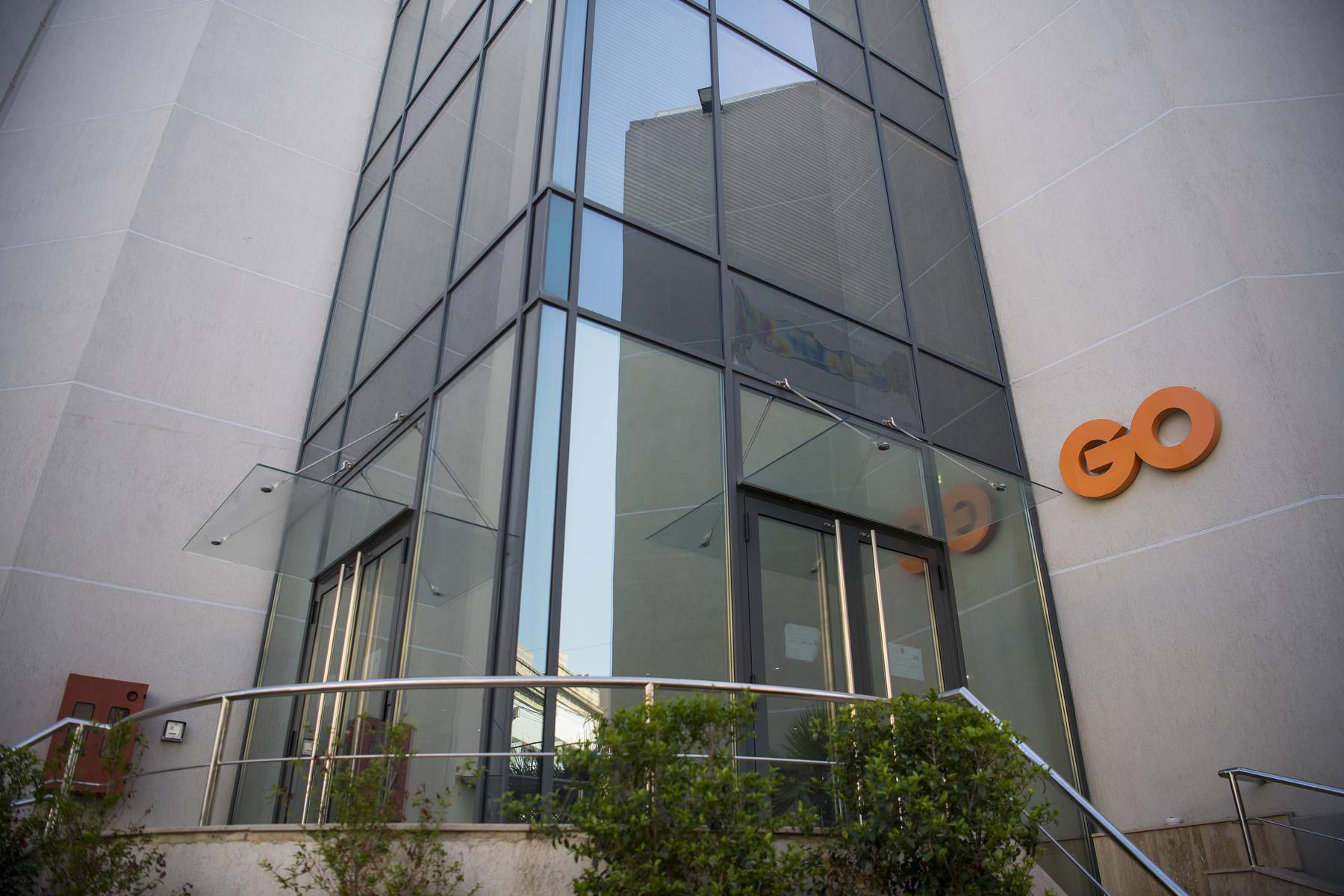The recent global energy crisis brought upon by the Ukraine-Russia conflict has accelerated the search for better, cheaper, and cleaner energy sources. Numerous states globally are now starting to look into the so-called green hydrogen as an alternative renewable energy source to reduce the utilization of fossil fuels and ultimately reach their decarbonization targets. As reported by the International Energy Agency, the global hydrogen demand was nearly 94 million tonnes in 2021 signifying an almost five per cent annual increase from 2020. Subsequently, production has also risen in the same period with the doubling of the electrolyser manufacturing capacity reaching nearly 8GW per year.
Hydrogen has sparked the interest of the energy industry and policymakers as a critical element in attaining zero carbon economy and successful climate transition. As an energy carrier, hydrogen is a carbon free-fuel and is the most abundant chemical element in nature. Hydrogen fuels also allow us to store, move, and deliver energy produced from other sources. While hydrogen fuels can be carbon-intensive to produce, green hydrogen can be manufactured through electrolysis (i.e., splitting water molecules into hydrogen and oxygen gas) which is carbon-free.
The European Union has acknowledged the potential of hydrogen as an energy source. The EU Hydrogen Strategy and REPowerEU Plan were introduced to provide a comprehensive framework to support the utilization of renewable and green hydrogen with an ambition to produce 10 million tonnes and import 10 million tonnes of green hydrogen in the EU by 2030. Similarly, Malta has recognized the importance of investing in hydrogen fuel as it rolled out the 159-kilometre pipeline project to transport natural gas, hydrogen, and other renewables between Malta and Gela in Sicily.
One of the sectors that have seen growth in hydrogen utilization over the last years was the transportation sector with almost 60 per cent growth in 2020. It is within this sector that Malta can unlock the potential of hydrogen in reaching the island’s climate targets. Next to the energy industry, Malta’s transportation sector is the leading carbon emitter which is attributed to the high car usage on the island and dependence on fossil fuels. Expanding the hydrogen and fuel cells to road vehicles such as public buses, trucks, and other commercial vehicles would undeniably yield significant results in reducing the country’s CO2 emissions.
While hydrogen energy sounds promising, the demand globally is still concentrated on refining and industrial applications which implies that diversification in the usage of fuel will still be needed. In the power sector, for example, it only accounts for less than 0.2 per cent of global electricity generation. Here in Malta, power generation is still dependent on LNG and fully converting to renewable energy sources may take a while and shall require massive capital outlays. This also means that utilizing green hydrogen for local power generation will not be an easy feat.
Production of green hydrogen is also low globally in contrast to its carbon-intensive counterparts. Hydrogen produced from water electrolysis is only 0.04 per cent of the total hydrogen production most of which is generated from natural gas and coal. Issues such as the cost and capacity of electrolyzers, affordability, transportation and storage of hydrogen, and effectivity of the carbon capture utilization and storage (CCUS) technologies will also need to be addressed. Repurposing natural gas pipelines for the transmission of hydrogen is one of the key solutions identified which can cut investment costs in hydrogen fuel by about 50 per cent to 80 per cent. However, there are presently no completed projects connected to converting LNG terminals for hydrogen which can lead to uncertainty in project cost estimation.
Cooperation shall be a primary ingredient to ensure the success of hydrogen energy. Locally, an interesting conference will be held by PKF Malta for investors, academe, and the government to provide a platform to map out ideas and initiatives for the growth of green hydrogen within the island. We, at PKF, believe that green is the colour of our future.
PKF Malta is a fast-growing, progressive firm specialising in audit & assurance, tax, advisory services, and internal audit insurance. Get in touch with us today via email at: info@pkfmalta.com or contact us here.
Mobilising savings into investments
Malta’s equity market needs to grow in size and depth if it is to embrace the EU’s Savings and Investments ...
Reduction in free float
Lowering Malta’s minimum free float requirement to 10% could unlock new opportunities for the local capital market
A golden age for GO plc
GO plc’s Annual General Meeting revealed a bold shift beyond traditional telecoms, stronger-than-ever financials, and possible share buy-backs







